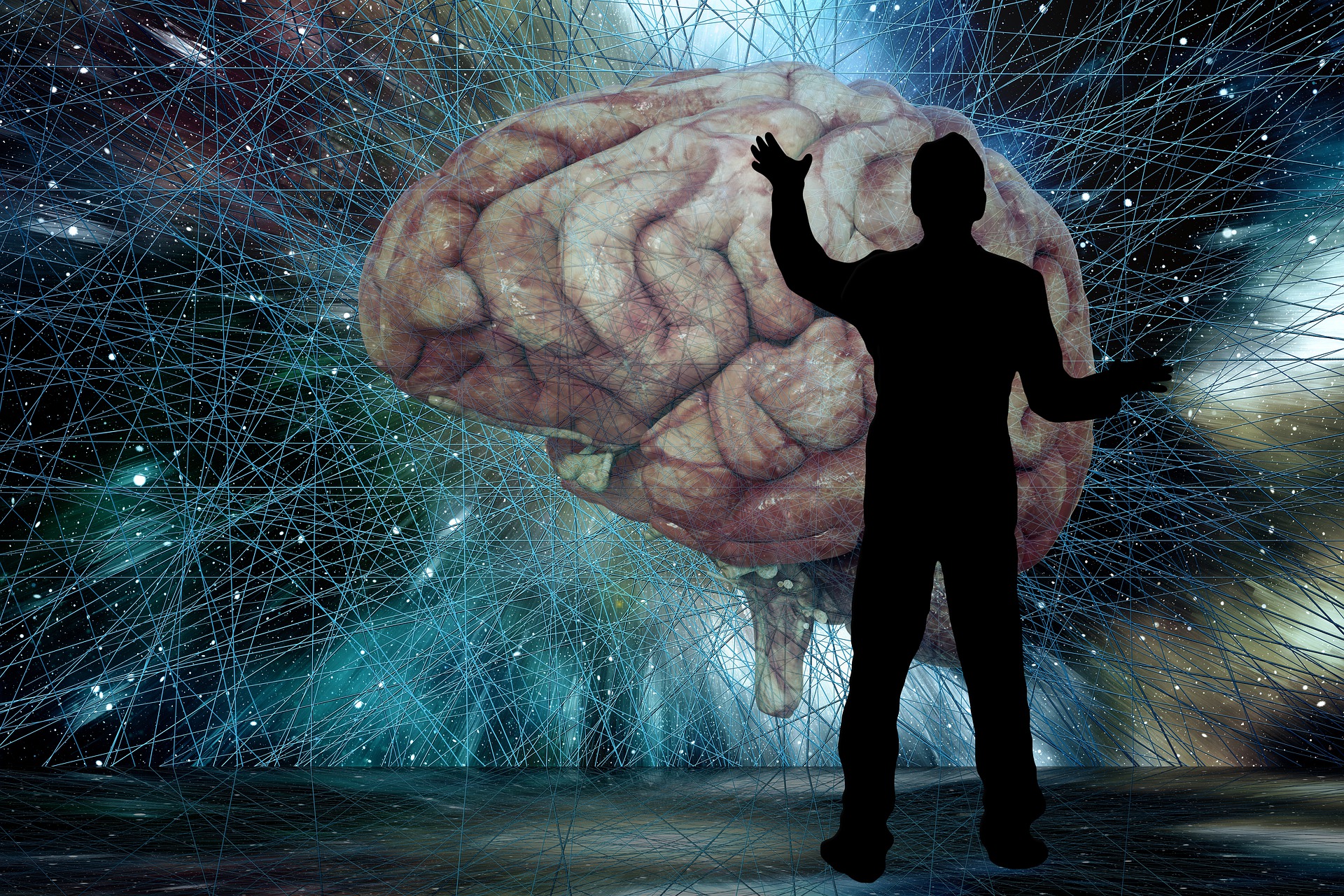Poverty hurts; in its essence, poverty transcends the mere lack of economic resources; it manifests itself as a relentless force that undermines the very foundations of human well-being.
Poverty hurts; this persistent deprivation not only exerts a devastating impact on physical health, increasing vulnerability to disease and reducing life expectancy, but also inflicts deep and often invisible wounds on the mental health of those who suffer from it.
Poverty encompasses the inadequacy of the means to meet basic needs, such as food, shelter, clothing, and access to essential health and education services, altering one’s perception of the world and limiting one’s ability to function in society.
The Chronic Stress of Poverty Hurts Mental Health
First, the constant struggle for survival imposes a burden of chronic stress that is overwhelming.
The uncertainty surrounding the meeting of daily needs becomes an endless source of anxiety, permeating every aspect of existence.
The mere thought of not knowing where the next meal will come from, or how a roof will be kept over one’s head, can be enough to trigger a cascade of negative thoughts and emotions, from constant worry to paralyzing fear.
This chronic stress not only affects mental health but also has physical repercussions, weakening the immune system and increasing the risk of developing cardiovascular disease, gastrointestinal disorders, and other stress-related ailments.
Furthermore, the lack of opportunities and the feeling of being trapped in a perpetual cycle of deprivation undermine self-esteem and foster feelings of hopelessness and despair. People living in poverty often feel powerless in the face of their situation, unable to change their fate or provide a better future for their families.
This sense of helplessness can lead to depression, anxiety, and other mental health problems, such as post-traumatic stress disorder and personality disorders. Hopelessness, in particular, can be a significant risk factor for suicide, as people who feel trapped and hopeless may see death as the only way to escape their suffering.

Social Isolation and Exclusion
Furthermore, poverty often brings social isolation as an unwanted companion. Difficulty participating in community activities, whether due to a lack of resources or shame associated with one’s economic situation, coupled with prioritizing the search for sustenance over social interactions, contribute to loneliness and feelings of exclusion.
This isolation is not simply a matter of preference; it is a direct consequence of the circumstances imposed by poverty. People living in poverty may feel ashamed of their situation and avoid contact with others for fear of being judged or discriminated against.
Furthermore, a lack of resources can limit their ability to participate in social activities, such as going to the movies, eating out, or attending community events.
This disconnection from society can exacerbate pre-existing mental health problems, intensifying their severity, or even trigger new disorders in previously mentally stable individuals.
The lack of a strong social support network can leave people feeling alone and helpless, with no one to turn to for help or comfort.
Social isolation has been linked to a range of mental health problems, including depression, anxiety, schizophrenia, and dementia. It can also increase the risk of physical illnesses, such as heart disease, stroke, and cancer.
A Vicious Cycle: Poverty and Mental Disorders
On the other hand, poverty significantly increases vulnerability to a wide range of mental disorders. Depression and anxiety, in particular, are notably more prevalent in populations struggling with scarce resources. Constant exposure to stressors, such as food insecurity, the violence that often permeates poverty, and a lack of reliable access to basic services, can disrupt mood and diminish a person’s ability to cope with life’s challenges.
These stressors can trigger a cascade of biological and psychological changes that increase the risk of developing mental disorders. For example, chronic exposure to stress can disrupt brain and nervous system function, leading to emotional regulation problems and an increased risk of depression and anxiety.
Furthermore, economic hardship often severely limits access to adequate mental health treatment.
The lack of financial resources to afford therapies, medications, or even the transportation needed to access medical care perpetuates a devastating vicious cycle. In this cycle, poverty exacerbates mental health problems, which, in turn, make it even more difficult to overcome economic vulnerability.
People with mental health problems may struggle to maintain employment, which in turn can exacerbate their poverty and create an even more difficult cycle to break. Furthermore, the stigma associated with mental health problems can prevent people from seeking help, further worsening their situation.

The Impact on Vulnerable Populations: Children and Adolescents
Of particular concern is the profound impact that poverty has on the mental health of children and adolescents. Growing up in an environment marked by deprivation can negatively affect their cognitive, emotional, and social development in ways that persist throughout their lives.
Early exposure to stress, a lack of enriching educational opportunities, and family instability create a breeding ground for mental health problems. Children growing up in poverty are more likely to experience adversity, such as abuse, neglect, domestic violence, and parental separation.
These experiences can have a lasting impact on their brain development and increase their risk of developing mental health problems later in life.
These young people face a greater risk of developing behavioral problems, experiencing learning difficulties, and suffering from mental disorders later in life. Furthermore, the social stigma associated with poverty can generate crippling feelings of shame and humiliation in young people, damaging their self-esteem and hindering their interpersonal relationships.
Children living in poverty may be subjected to teasing or bullying by their peers, leading to feelings of isolation and low self-esteem. They may also internalize the negative messages about poverty they hear in society, leading to a sense of hopelessness and despair about their future.
Lack of access to recreational and cultural activities, which are essential for healthy development, also limits their opportunities for growth and emotional well-being. These combined factors can create a perfect storm that hinders their ability to thrive and reach their full potential.
Children who lack access to extracurricular activities, such as sports, music, or art, may miss out on important social and emotional learning opportunities. They may also have fewer opportunities to develop healthy coping skills and build positive relationships with their peers.
Long-Term Consequences of Poverty: A Legacy of Suffering
The mental health consequences of poverty are not limited to individual experiences; they extend far beyond, manifesting at the societal level and perpetuating cycles of disadvantage. Communities struggling with high rates of poverty often face higher crime rates, domestic violence, and a host of interrelated public health issues.
Lack of investment in adequate mental health services in these areas only serves to perpetuate a cycle of marginalization and suffering that is passed on from one generation to the next.
Violence and crime can create an environment of insecurity and fear, increasing residents’ stress and anxiety.
Lack of access to quality healthcare can lead to increased rates of chronic disease and premature mortality. Therefore, addressing poverty is not simply a matter of economic policy; it is a public health imperative that demands urgent attention.
Investing in comprehensive programs that ensure equitable access to nutritious food, safe housing, quality education, and affordable healthcare is critical to protecting the mental health of society’s most vulnerable populations. This requires a multifaceted approach that addresses the root causes of poverty and promotes economic development, social justice, and equal opportunity.
Possible Interventions to Alleviate Poverty: A Ray of Hope for Mental Health
Fortunately, there are promising interventions that can mitigate the devastating impact of poverty on mental health.
Direct economic support programs, such as conditional cash transfers, have been shown to be effective in reducing the financial stress placed on low-income households, which in turn significantly improves the emotional well-being of family members.
These programs can help families meet their basic needs, such as food, shelter, and clothing, and can also provide them with the resources they need to invest in their children’s education and health.
Furthermore, ensuring access to affordable and culturally sensitive mental health services is crucial for the early detection of disorders and the provision of timely and effective treatment.
These services must be tailored to the specific needs of low-income communities, removing the financial, logistical, and cultural barriers that often prevent people from seeking help. This may involve providing services in convenient locations, such as schools, community centers, and primary care centers, as well as using culturally tailored approaches that take into account the beliefs and values of different communities.
Furthermore, initiatives that promote social inclusion, foster community development, and expand access to educational and employment opportunities can strengthen individual and community resilience.
These interventions not only address the symptoms of poverty but also empower people to overcome the circumstances that contribute to their situation, promoting a sense of belonging and control over their lives. This may involve creating job training programs, supporting small businesses, and encouraging community participation in decision-making.
A Call to Action: Breaking the Cycle of Poverty
In conclusion, poverty hurts in a sense that transcends the purely physical. The psychological suffering associated with economic deprivation is an undeniable reality that demands a comprehensive and urgent response from society. It is essential that we recognize the profound interconnection between poverty and mental health, and that we implement public policies that address both issues simultaneously and in a coordinated manner.
This requires a long-term commitment from all sectors of society, including governments, civil society organizations, the private sector, and communities.
Only through a sustained collective commitment, involving governments, civil society organizations, and communities, can we break the intergenerational cycle of poverty and build more just, equitable, and mentally healthy societies for all their members.
This is a challenge that concerns us all, and its solution will determine the future of our humanity. We must work together to create a world where everyone has the opportunity to reach their full potential, regardless of their economic circumstances.
We invite you to read another article of interest:
Arachnophobia: overcome fear in 3 steps
Font:
https://amsdottorato.unibo.it/4785/1/Bonaga_Giorgia_tesi.pdf
https://www.magazine.unimore.it/site/home/notizie/articolo820069847.html
Research and academic literature in the fields of sociology, social psychology, and public health.






